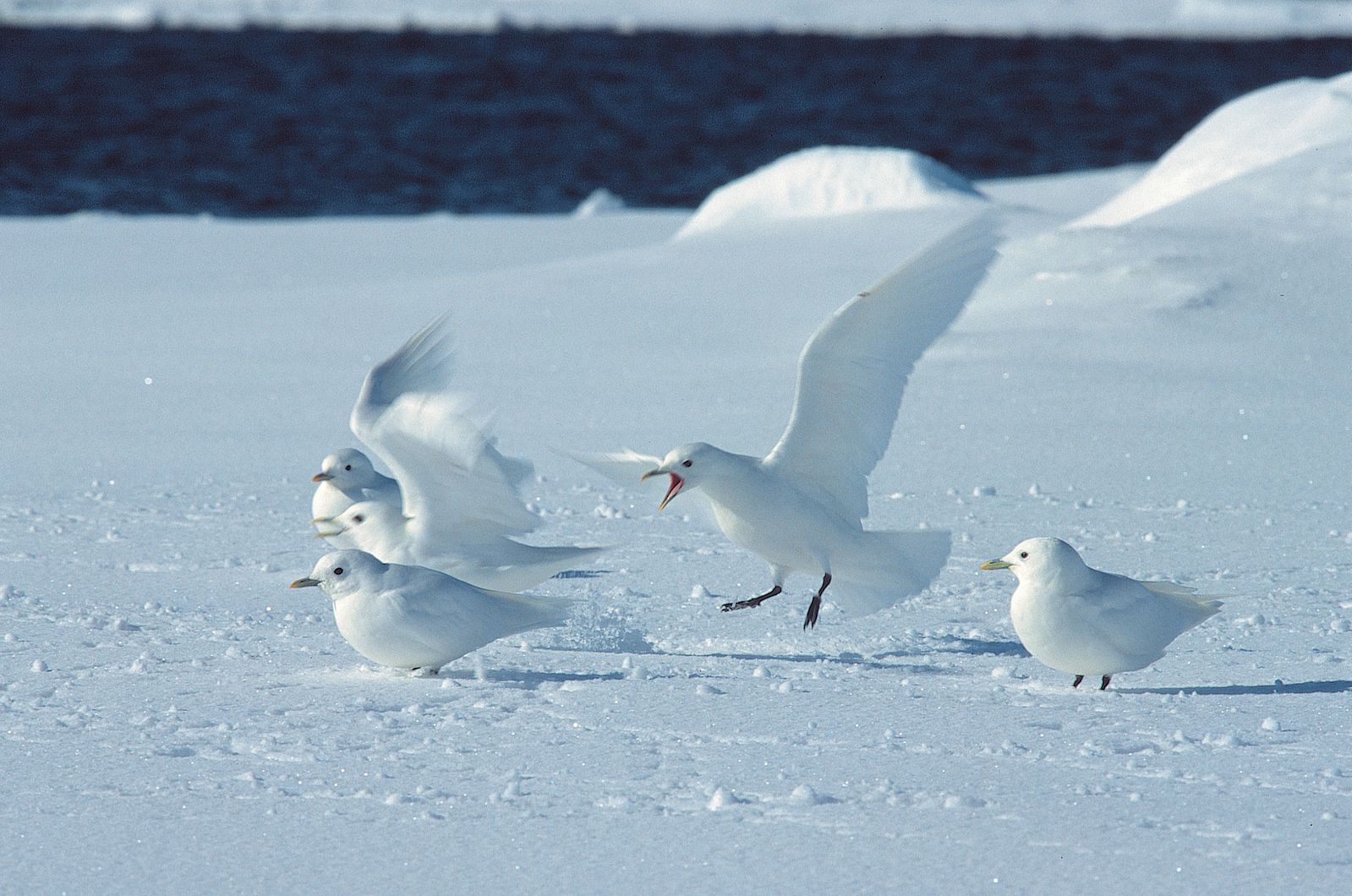Climate Change Could Kill Arctic Birds, As Predators Attack Them More

The rise in temperature due to climate change causes more predators to attack birds and steal their eggs from the nests. In the Arctic, predators attack rates have tripled in the last 70 years, and Arctic birds are the ideal victims. A team of scientists from Russia, China, the United Kingdom, and other countries, as well, observed that predators steal birds’ eggs from their nests in the Arctic regions more than in the tropics areas.
“Our research showed, for the first time, that climate change leads to changes in the relationship between predators and their prey on a global scale,” said Pavel Tomkovich, head of the ornithology department at the Moscow State University Zoological Museum, and one of the authors of the study.
Tomkovich has studied the evolution of waders in the Arctic since 1973. He was involved in monitoring their population in Chukotka, in Russia. Tomkovich believes that as soon as certain types of birds disappear, other species could follow.
“If there is no diversity, the animals will not be able to switch from one food, which has greatly decreased in volume, to another. That leads to a chain reaction and the possible extinction of interrelated species,” Tomkovich said.
Climate Change Could Kill Arctic Birds, As Predators Attack Them More
For years, birds laid their eggs in colder places. Semipalmated Sandpipers (Calidris pusilla), Sandpipers (Calidris subruficollis), American Golden-plovers (Pluvialis Dominica), Grey Plovers (Pluvialis squatarola), and many other migratory birds go to the Arctic each year. The region has always been a relatively safe area, with hardly any predators where the birds could enjoy the abundance of insects.
However, this pattern has recently been reversed in the northern hemisphere. The Arctic is the most affected region and represents an extensive ecological trap for migratory birds. But it is not the only area where birds are disappearing. Scientists now have data on 192 species of birds in the world. Tomkovich said the numbers are declining in 57% of these species. In recent decades, for example, the Slender-billed Curlew (Numenius tenuirostris) has disappeared in Russia.
“In the last 50 years, 65% of China’s wetlands, the main habitat for waders, have been transformed,” said Tomkovich. “Human-induced climate change adds to this. Humanity must realize that our natural resources are not infinite. It is necessary to preserve the living and nesting conditions of the Arctic birds.”
0 comments